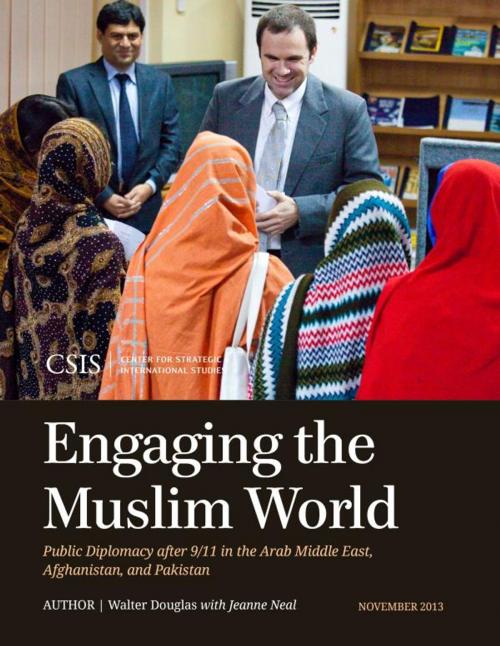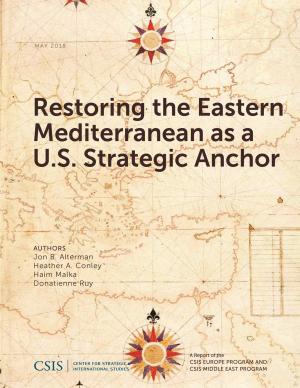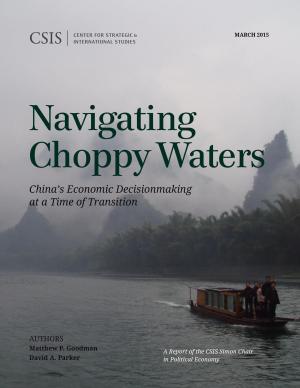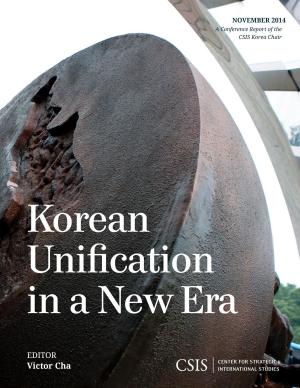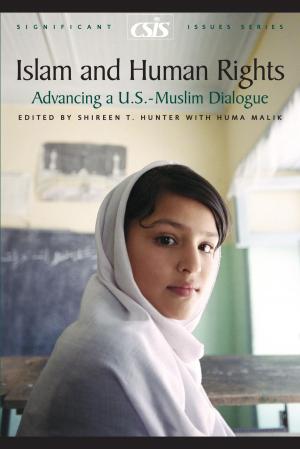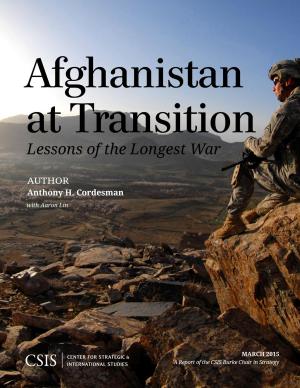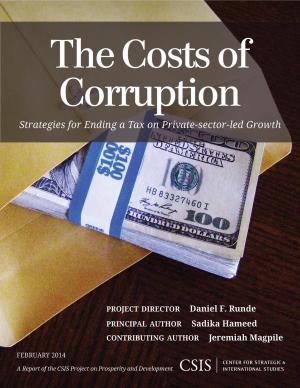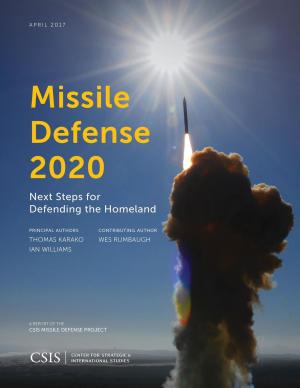Engaging the Muslim World
Public Diplomacy after 9/11 in the Arab Middle East, Afghanistan, and Pakistan
Nonfiction, Social & Cultural Studies, Political Science, International, International Security| Author: | Walter Douglas, Jeanne Neal | ISBN: | 9781442225329 |
| Publisher: | Center for Strategic & International Studies | Publication: | October 29, 2013 |
| Imprint: | Center for Strategic & International Studies | Language: | English |
| Author: | Walter Douglas, Jeanne Neal |
| ISBN: | 9781442225329 |
| Publisher: | Center for Strategic & International Studies |
| Publication: | October 29, 2013 |
| Imprint: | Center for Strategic & International Studies |
| Language: | English |
Public diplomacy supports the interests of the United States by advancing American goals outside the traditional arena of government-to-government relations. Since 9/11, with the rise of al Qaeda and other violent organizations that virulently oppose the United States, public diplomacy in Muslim-majority countries has become an instrument to blunt or isolate popular support for these organizations. Efforts in this direction complement traditional public diplomacy that explains American policies and society to foreign publics. This report identifies six areas of primary concern. The first is a larger strategic issue; the other five are directed at the on-the-ground implementation of public diplomacy: (1) Define the goals; (2)Listen; (3) Measure success; (4) Reach the target audience; (5) Exchange people and ideas; (6) Get outside the bubble. There is no one path to success. Public diplomacy must be consistent, multifaceted, and localized to advance American goals in Muslim-majority countries. This report sketches a way forward to accomplish these goals.
Public diplomacy supports the interests of the United States by advancing American goals outside the traditional arena of government-to-government relations. Since 9/11, with the rise of al Qaeda and other violent organizations that virulently oppose the United States, public diplomacy in Muslim-majority countries has become an instrument to blunt or isolate popular support for these organizations. Efforts in this direction complement traditional public diplomacy that explains American policies and society to foreign publics. This report identifies six areas of primary concern. The first is a larger strategic issue; the other five are directed at the on-the-ground implementation of public diplomacy: (1) Define the goals; (2)Listen; (3) Measure success; (4) Reach the target audience; (5) Exchange people and ideas; (6) Get outside the bubble. There is no one path to success. Public diplomacy must be consistent, multifaceted, and localized to advance American goals in Muslim-majority countries. This report sketches a way forward to accomplish these goals.
